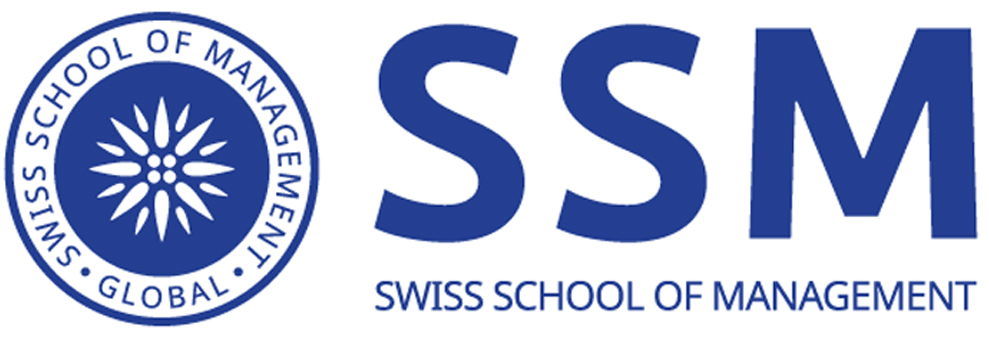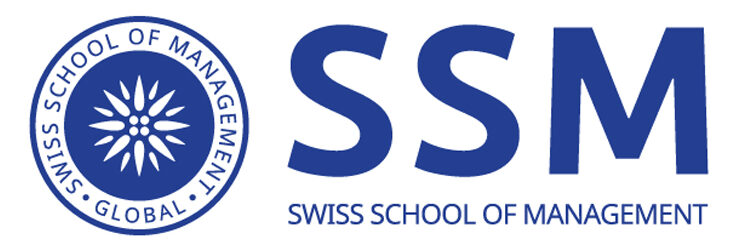DURATION
3 Years
LANGUAGE
English
LOCATION
Barcelona – Online
ANNUAL INTAKE
October, January, April
EARNED
Full time – 180 ECTS
TUITION FEES
Starting at 8.050€

The first year of the Bachelor of Business Administration program explores how businesses operate in-depth, examining the complex operational designs within these internal structures and systems to achieve their goals and maintain a competitive edge. It is equivalent to the junior level (freshman/sophomore) for the 3-year program, awarding 60 ECTS credits.
As a first-year student, you will dive into the foundational concepts, laying the groundwork for the advanced options you can choose later. The Swiss School of Management Barcelona undergraduate curriculum offers maximum choice and flexibility while providing insights into all management fields and functions. You will study business courses from diverse disciplines and have the opportunity to focus on one or more areas of specialization.
Investing in an education at the Swiss School of Management Barcelona is investing in your bright future. Choosing a program that fulfills several criteria, including professional objectives, educational goals and budget, is a process that requires considerable research and deliberation.
Swiss School of Management Barcelona has various payment installment plans available. The Admissions Services department is always available to assist with any questions regarding our fees and tuition.
The table below shows the overview of Swiss School of Management Barcelona’s bachelor program for the first year.
60€
3.190€
Important: The fee includes access to our online library, EBSCO, and the similarity report checker, Turnitin. It excludes graduation fees. See our Refund Policy.
While we are a private institution, at the Swiss School of Management Barcelona we believe that education is the key to a successful future. We offer scholarships and information about a host of other financial aid options to support students who are committed to their personal and professional development.
The Swiss School of Management Scholarships are a way of recognizing the academic, professional, and personal achievements of our students. We award up to 10% scholarships for our BBA, MBA, and DBA programs for students who have demonstrated:
– Academic Excellence
– Good Citizenship
– Outstanding Ability in Sports
– Leadership in Business
Scholarships are awarded at the discretion of the school’s management team on a case-by-case basis based on demonstrated merit. Please contact our Admissions team for more.
The tuition fee amount and corresponding payment schedule is indicated under the Tuition Fee provision. Late applicants who are accepted will pay the tuition fees in a shorter amount of time.
Students will be promptly notified through their registered emails so they can keep track of the payment schedule including available payment channels.

Schedule a Virtual Consultation

Visit our Barcelona Campus

Request a Program Brochure
Rank #2 – Management School Europe Ranking 2022 – Verifications, Inc.
Rank #5 – Management School Global Ranking 2022 –Verifications, Inc.
IACBE and eduQua certified
Quality Education



